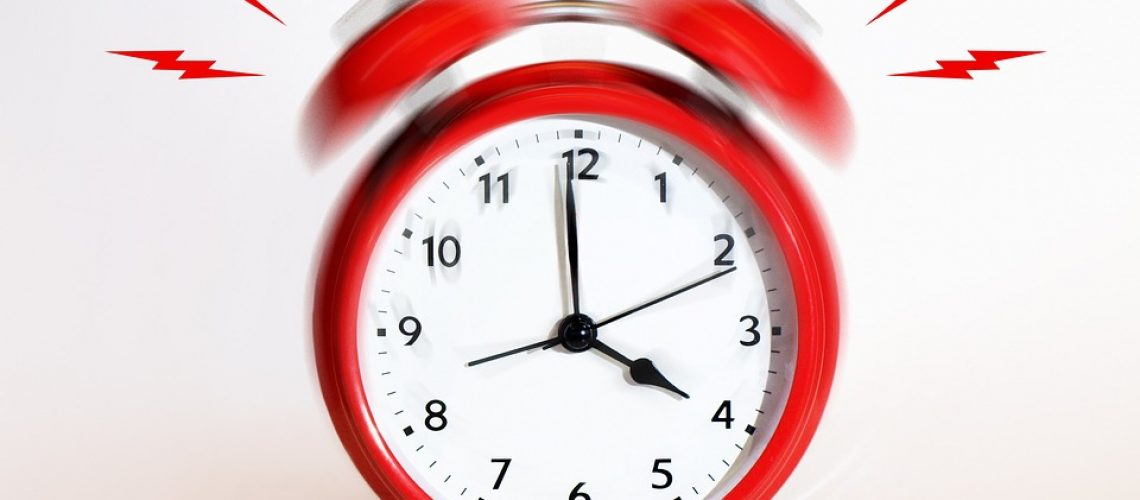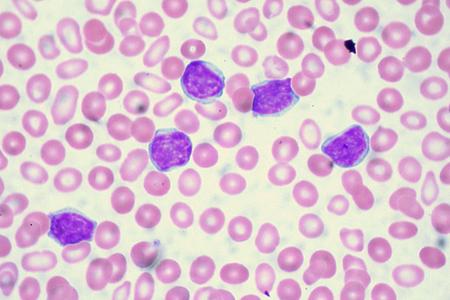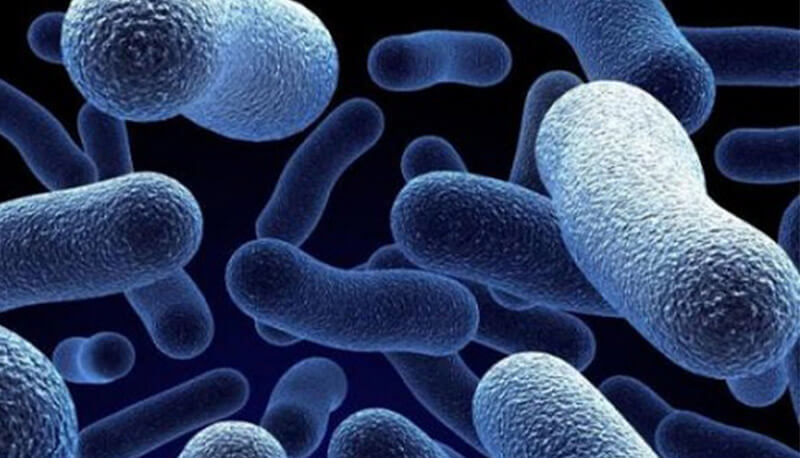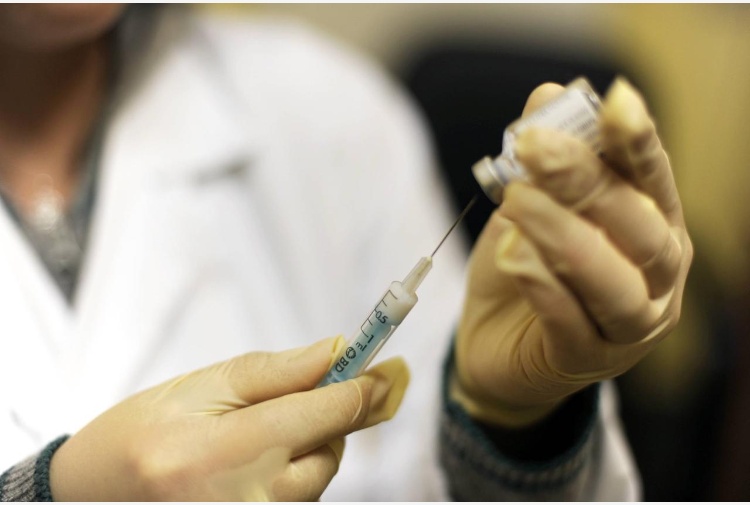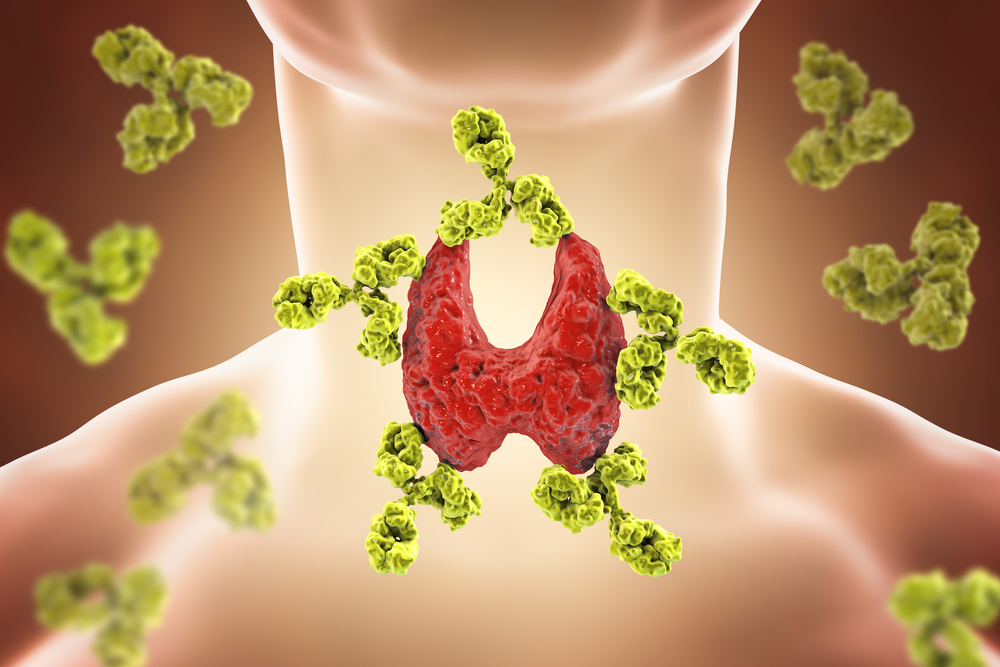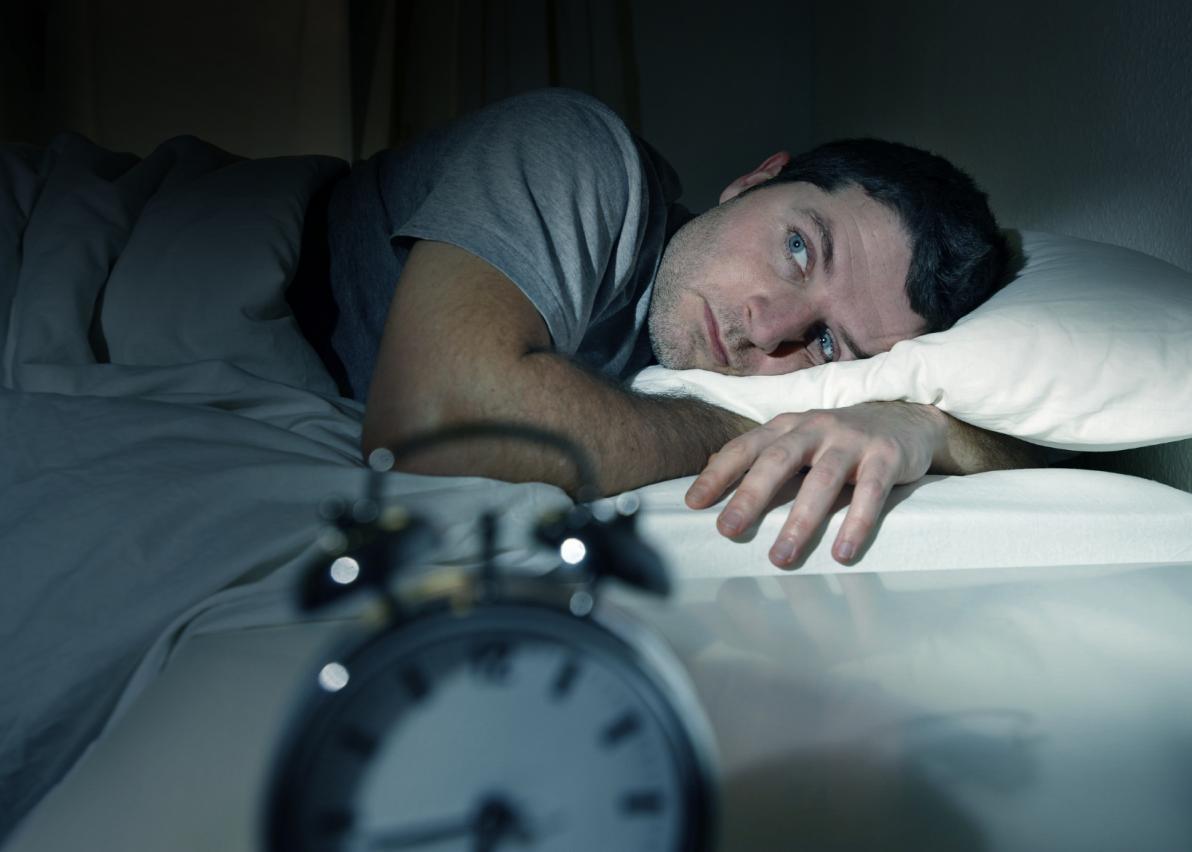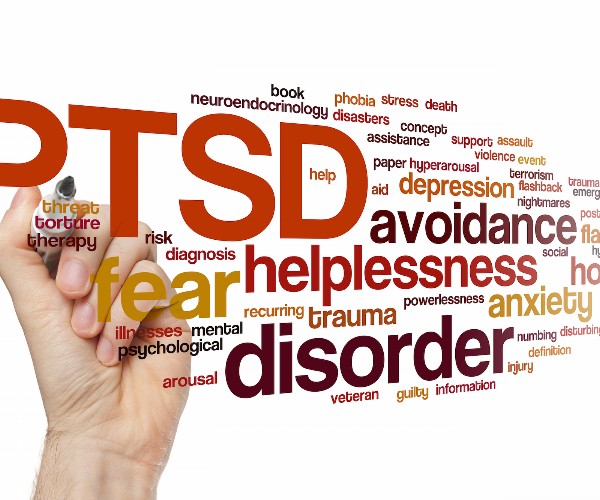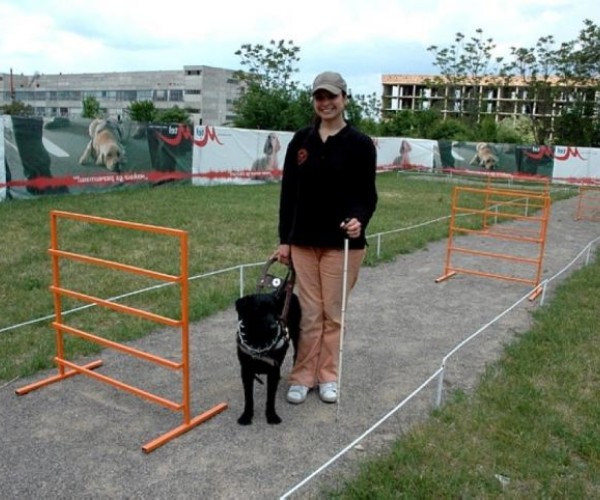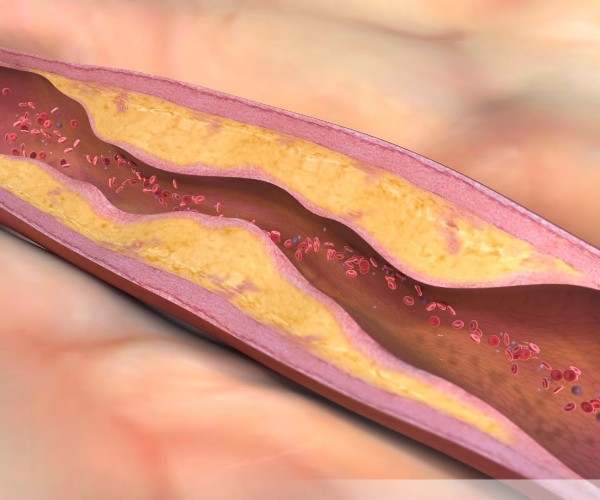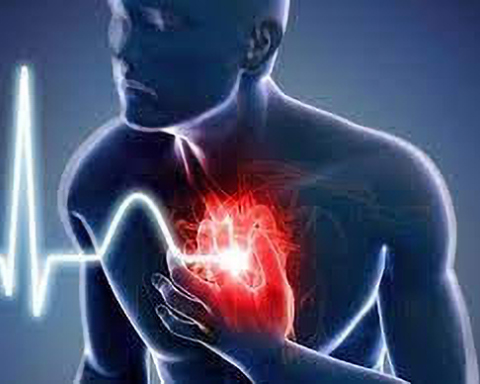It is called TestSignature and it is a new patented method of reading the time marked by the human body’s internal clock.
It is well known that an internal clock, the circadian rhythm, regulates a huge variety of processes: when you sleep and wake up, when you are hungry, when you are more or less productive. Given its palpable effect on so much of our lives, it is not surprising that it has a huge impact on our health as well. Researchers have linked circadian health to higher or lower risk of diabetes, cardiovascular and neurodegenerative diseases. It is also known that the timing of when meals are eaten and medications are taken can affect how they are metabolized.
The ability to measure each person’s internal clock could therefore prove invaluable for fundamental to improving health and personalizing medicine; it could be used to predict who is at risk of illness, monitor recovery from injuries, and more.
For these reasons, the development of a method to read the internal clock is a challenge that has engaged many scientists in recent years, and until now the best approach required taking blood every hour, for a full day and night, and measuring levels of melatonin, the hormone that controls sleep, which was obviously expensive and very inconvenient for the patient, so much so that routine use was impossible.
But now we are on the verge of a breakthrough, thanks to a test developed by a team at Northwestern University Feinberg School of Medicine in Chicago, coordinated by biologist Rosemary I. Braun, which promises to be effective with just two blood tests that can be performed at any time of day.
Simplicity for the patient is the result of a highly sophisticated approach. In fact, the test involves the evaluation of 40 markers, which were identified through a machine-learning algorithm: the program learned to read the time of the internal clock based on the expression of as many as 20 thousand genes, and thus paved the way for a whole new round of research to understand its true clinical potential.
Braun R, Kath WL, Iwanaszko M, Kula-Eversole E, Abbott SM, Reid KJ, Zee PC, Allada R. Universal method for robust detection of circadian state from gene expression. Proc Natl Acad Sci U S A. 2018 Sep 25;115(39):E9247-E9256.





